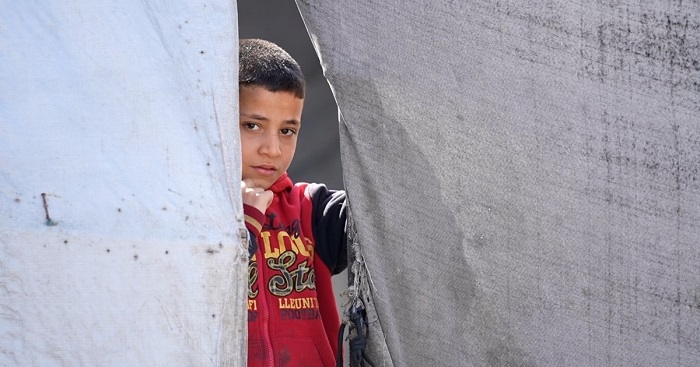Kurdistan Region: A Beacon of Hope for Displaced Persons and Refugees

The Director General of the Joint Crisis Coordination, Srwa Rasul, provides the following insights:
• The Kurdistan Region hosts 900,467 displaced individuals, comprising:
- 631,174 internally displaced persons (IDPs).
- 269,293 refugees, with specifics as follows:
- 251,475 from Syria.
- 7,796 from Turkey.
- 8,357 from Iran.
- 652 from Palestine.
- 1,013 from other locations.
• Among the refugees and IDPs, 30% reside in camps, while the remaining 70% have integrated into communities outside these facilities.
• An estimated 110,000 Iraqi families, identified as IDPs, live across 33 camps within the main governorates: Erbil (41%), Duhok (40%), and Slemani (19%).
• As of December 2023, 4,041 displaced individuals have returned to their home countries, including 1,944 IDPs and 2,097 refugees.
• The Kurdistan Regional Government (KRG) dedicates roughly $2.3 daily per individual for refugee support, amounting to an annual total of approximately $842 million for about one million people.
Refugees and IDPs share their experiences:
• "Life in the camps is challenging, with acute shortages of food and inadequate health services."
• "We urge for more support and aid for the camps in these tough times."
• "Despite rumours of financial and housing assistance, we seek fair compensation and land to rebuild our lives."
• "Our desire is to return home, but the absence of shelter, employment, and financial support hinders this."
• "The support and respect from the Barzani Charitable Foundation and the warm reception from the Kurdistan Region have been invaluable, offering us the freedom to stay or return home."
• "Challenges such as insecurity and housing issues persist, yet we're thankful for the shelter and support from the Barzani Charitable Foundation and the KRG."
• An elderly woman, displaced during the attacks from the so-called Islamic State and now living in Hassan Sham camp with her three children, including one with a disability, prefers the hardships of camp life over returning to her ravaged home.
• The Iraqi government's lack of involvement in camp reconstruction and oversight is noted.
• The failure to implement the Sinjar agreement is a significant barrier to the return of IDPs from Sinjar.
• Despite financial challenges, the KRG continues to be a primary support for Iraqi IDPs, even as international aid has been paused due to Iraq's oil wealth.














